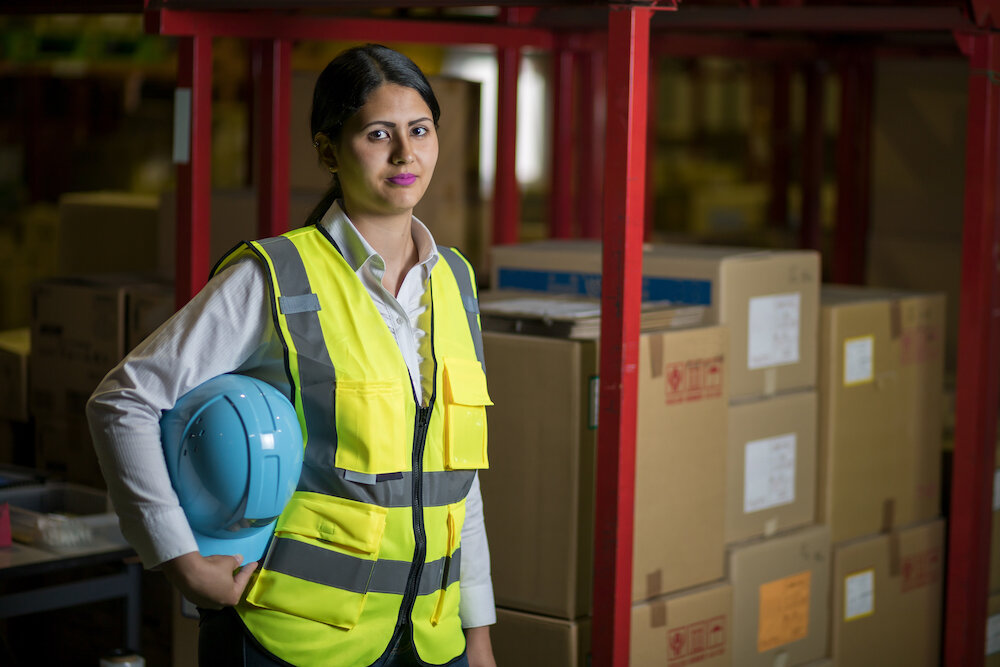India offers a lot of interesting opportunities for European companies, but doing business in this country also involves specific challenges. For a successful market entry, having a local partner with the necessary market knowledge is a necessity. But how do you know whether to go with a dealer, distributor, agent or partner? We explain the different options for you.
What does an agent do?
An agent is your company's representative in India, but does not take ownership of the goods for the sale of your products. An agent generally receives a commission for the number of products sold or based on the contracts he or she manages to close.
In many cases, the agent does not work exclusively for a foreign client, as this can lead to permanent establishment. If you do not want your agent to also work for other companies, for example because you want to protect your intellectual property, you should set up your own entity in India where the agent will be employed. This way you will not run the risk of permanent establishment and the associated high fines.
One advantage of working with an agent, is that you always retain ownership of your product and sell it directly to the Indian customer rather than to a distributor. In addition, agents often have a good understanding of your industry and in which segment of the market your product will resonate best, as they also work for other companies within the same industry.
Working with an agent does mean that many tasks remain with the European company, such as import management, handling of insurance claims, international logistics, transfer pricing, registrations, etc. This is because the agent is only responsible for warehousing, sales, logistics inside India and billing.
What does a distributor do?
A distributor buys your goods to then sell to wholesalers, retailers or consumers in the region where they operate in India. Distributors almost always work with a portfolio of different companies in various industries.
Distributors can offer both complementary and competitive products and usually provide after-sales service. They make money by adding a margin to product prices.
Distributors often offer broader service than agents, such as after-sales, replacement service and technical support, and have good knowledge of logistics in the country.
There are three things to keep in mind when you plan to look for a suitable distributor:
1. First, no single distributor can offer you nationwide coverage in India; the country is too large and diverse for that. Therefore, choose your first distributor in the most important location/Indian state for you. Once your business there is up and running, you can start looking at distributors in other key regions of the country to further expand your business.
2. Point two is the distributor's focus on your product. Because distributors work with multiple companies and products, you are not automatically the priority. European products often fall into the high, expensive segment in India, which means fewer of them are sold and lower revenue for the distributor. European companies therefore often run into the problem that the distributor puts very little time and effort into their product and more into products that go out the door en masse.
3. Finally, European companies should keep in mind that marketing is not necessarily a task the Indian distributor can take on. Especially if you offer a high-end or technical product that requires a lot of knowledge of your sector and product. Since distributors often operate in different sectors, it is advisable not to rely entirely on your distributor's knowledge for your marketing, but to work with experts in the field. Read more about Setting up a successful Indian marketing strategy.
What does a dealer do?
A dealer falls in between a distributor and agent. They are someone who buys a product for their company, stocks it and then sells it to the customer. They are often seen as the middleman between the distributor and the customer and act as authorized sellers of specific goods in a particular industry.
A dealer, unlike a distributor, does have the technical knowledge to properly promote and sell your product. A dealer often adds an extra, high margin to the price of your product, which can cause you to price yourself out of the market. We therefore recommend that companies look for a suitable agent or distributor for their first steps on the Indian market.
Can I do it myself?
Starting your own business without a partner in India is also an option, although the most challenging one. It means that you have to set up your own company, logistics, warehousing and sales in India right from the start. Not to mention all the non-core business elements that you need to arrange such as permits, taxes, regulations regarding staff, etc. It is extremely difficult to do this without local knowledge of the market and doing business in India in general.
A safe way to start your own business in India is through the business incubator. The only thing you have to do is put together your sales team in India and IndiaConnected does the rest. Your employees will be put on our payroll and the legal liability and responsibility will also rest with us. In addition, we arrange everything from back office to performance reviews and we have five physical locations where we can accommodate your team.



